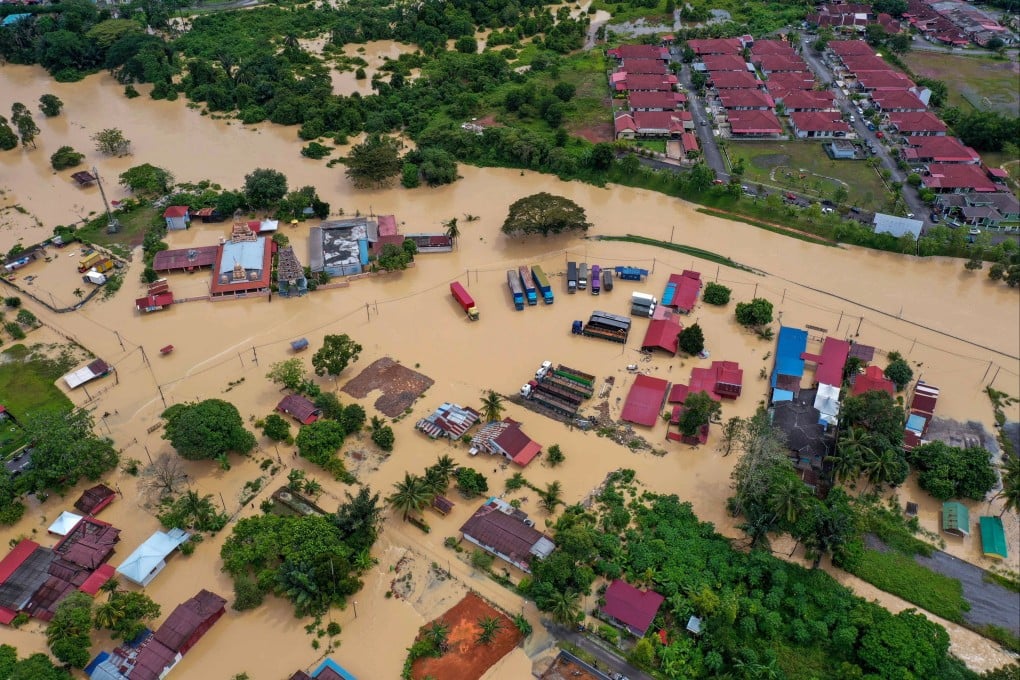Advertisement
Opinion | Malaysia floods are Asia’s latest sign to act on climate change
- Asia is projected to be hit particularly hard as the effects of climate change take hold, with trillions in economic activity at risk
- The Dutch experience is one all countries can learn from as they rush to deal with rising waters and flooding
Reading Time:3 minutes
Why you can trust SCMP
1

The late Bruce Lee famously told people to “be water”. That is something desperately needed in Malaysia after at least 48 people died in the government’s latest abysmal performance in flood management.
Advertisement
That is 48 lives too many for what is widely seen as predictable, long-term extreme weather. The severity of the flooding has appalled many Malaysians who have never experienced such extreme weather.
Flooding claimed more than 300 lives in Henan province last year, while nearly 200 people died in flooding in Germany. More severe flooding is likely in the future given the effects of climate change and – given the passive approach of most world governments – more lives will unfortunately be lost.
Floods do not discriminate by country or region. However, it is almost certain they will affect developing countries more than developed ones given their lack of long-term investment in fighting climate change and increasingly severe flooding.
Asia, which is projected to provide half of global GDP by 2040, stands to lose the most. Riverine flood risk is expected to affect areas with US$17 trillion of economic output, according to Nikkei Asia analysis, with Asia making up about half of that figure. Asia’s economic powerhouses, including China and India, are among the most vulnerable in the world to catastrophic flooding.
Advertisement

Advertisement
